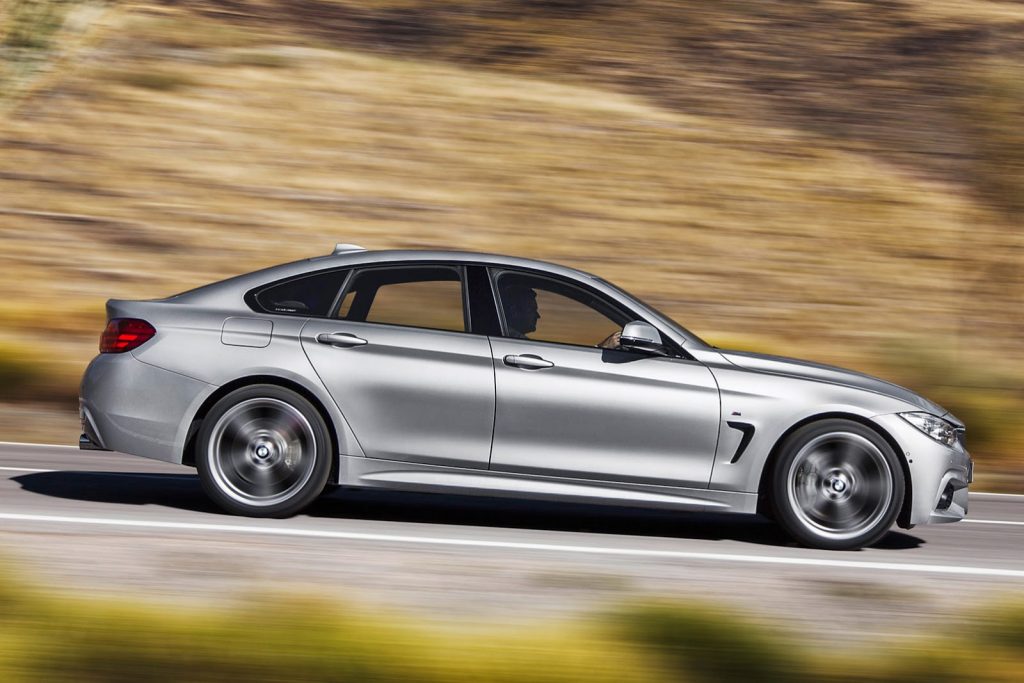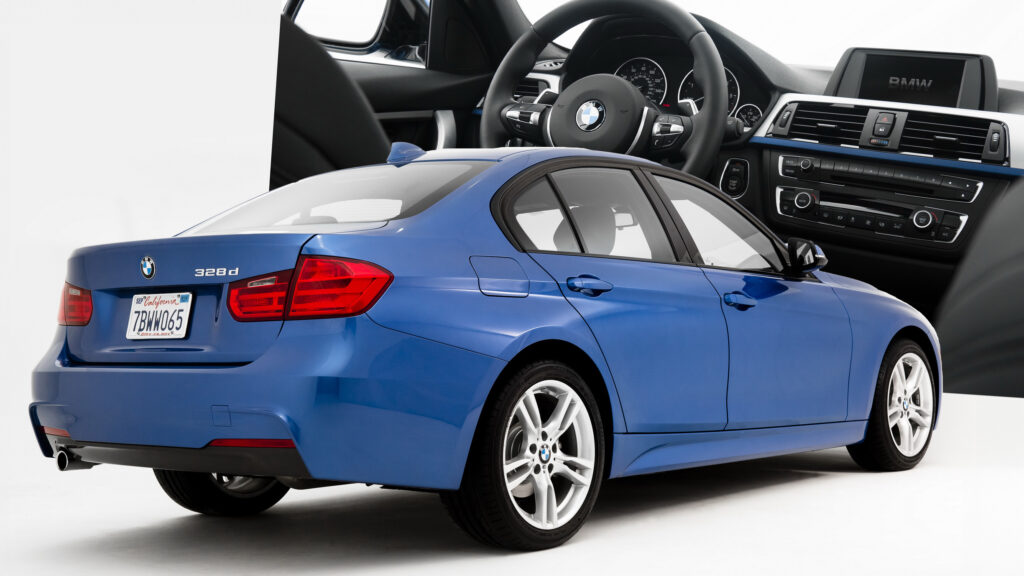- The carmaker says the airbag could suddenly rupture due to weld joint irregularities.
- It is also possible gas could leak from the inflator over time.
- Owners will be alerted to the recall around June 14.
Numerous BMW 2-Series, 3-Series, and 4-Series models in the United States have been recalled because of an issue related to their head airbags. These airbags have been sourced from major parts supplier Autoliv.
A recall notice issued by the German carmaker reveals that contamination within the inflator can lead to corrosion which could cause a failure at the weld join. It is also possible contamination could trigger the two halves of the inflator to separate at the joint and there’s a chance weld joint irregularities could cause stored gas to leak from the inflator.
Read: BMW Recalls 8 X5 And X7 SUVs As Their Airbags Could Blow Apart The Instrument Panel
BMW says a faulty airbag could have devastating effects. If gas has leaked from the inflator over time, it may only partially inflate in a crash, increasing the risk of injury. If the inflator is to suddenly rupture, it could injure or even kill vehicle occupants.
A total of 5,761 vehicles across the country are involved in the recall. These include:
- 2014-2015 BMW 228i, 228i xDrive, M235ibuilt between December 4, 2013, and June 16, 2014.
- 2014-2015 BMW 320i, 320i xDrive, 328i, 328i xDrive, 335i, 335i xDrive, and M3 built between November 26, 2013, to September 4, 2014.
- 2014-2015 BMW 328d, 328d xDrive built between November 26, 2013, and July 3, 2014.
- 2014-2015 BMW 428, 428i xDrive, 435i, 435i xDrive, M4 built between December 16, 2013, and April 2, 2014.
- 2015 BMW 4-Series Gran Coupe (428i, 428i xDrive, 435i, 435i xDrive) built between June 17, 2014, and July 9, 2014.
The company alerted dealers of the recall on April 24 and will inform owners around June 14. Dealers have been instructed to replace the head airbags of impacted vehicles free of charge. BMW will also reimburse any owners who have previously paid to have the issue fixed.








